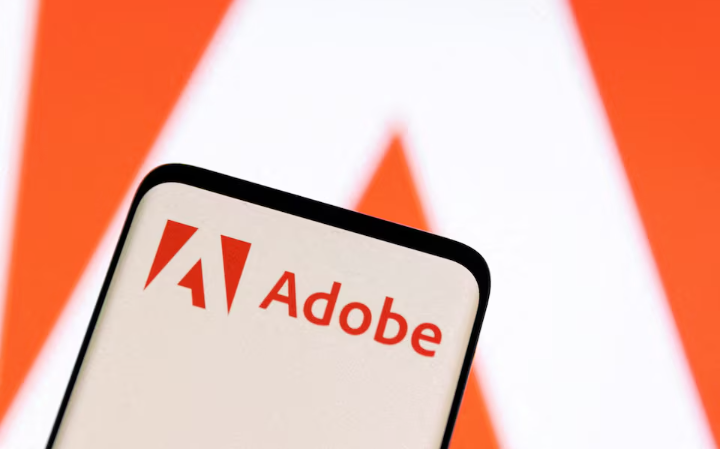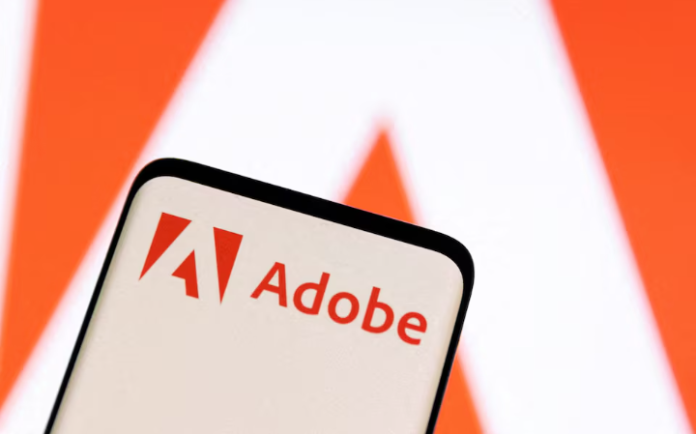Adobe is taking digital marketing to the next level with the launch of AI-powered agents designed to enhance customer interactions on business websites. Best known for consumer apps like Photoshop, Adobe also operates a lucrative business-to-business (B2B) marketing software division, which contributed to a quarter of its $21.5 billion revenue in the last fiscal year.
Now, the company is leveraging artificial intelligence to personalize online experiences, helping brands connect more effectively with their target audiences.
How Adobe’s AI Agents Work
The newly introduced AI tools use advanced machine learning algorithms to analyze user behavior and tailor website content based on their online activity. This means businesses can now deliver highly personalized marketing messages in real time.
For example:
If a young user lands on a website through a TikTok ad, they may see content that aligns with their interests.
If an older user arrives via a Google search, they might receive a different experience based on their preferences and browsing history.
Amit Ahuja, Senior Vice President of Adobe’s Experience Cloud, highlighted that consumers today expect seamless chatbot interactions similar to ChatGPT. Adobe’s AI agents ensure that websites can provide this functionality with greater context-awareness, making customer interactions more meaningful.
Enhancing Website Engagement with AI
Adobe’s AI agents are designed to do more than just respond to user queries—they integrate real-time data and predictive analytics to enhance customer experiences.
For instance, imagine a travel booking website where a visitor clicks an ad on Instagram about tropical vacations. If they then ask the chatbot for recommendations, the AI can:
- Check real-time availability of trips and hotels.
- Analyze the ad they clicked on to suggest destinations that match their interests.
Previously, these processes operated separately, but Adobe’s AI now connects them seamlessly for a more intuitive user experience.
AI-Powered Marketing Optimization
Beyond chatbots, Adobe is also introducing AI tools for digital marketers, allowing businesses to:

Set specific marketing goals, such as increasing digital sales.
Have AI analyze and recommend strategies to achieve those goals.
Let AI implement website changes automatically, reducing dependency on coding teams.
Ahuja explains that what once took months of development work can now be accomplished almost instantly with AI-powered automation.
The Future of AI in Digital Marketing
As AI continues to reshape industries, Adobe’s latest innovations could revolutionize how businesses engage customers and optimize their digital presence. With smarter automation, real-time personalization, and integrated AI chatbots, brands can now deliver faster and more effective online experiences.
Adobe’s move underscores a growing trend—AI-driven marketing is no longer a futuristic concept but a necessity for brands looking to stay ahead in the digital age.



